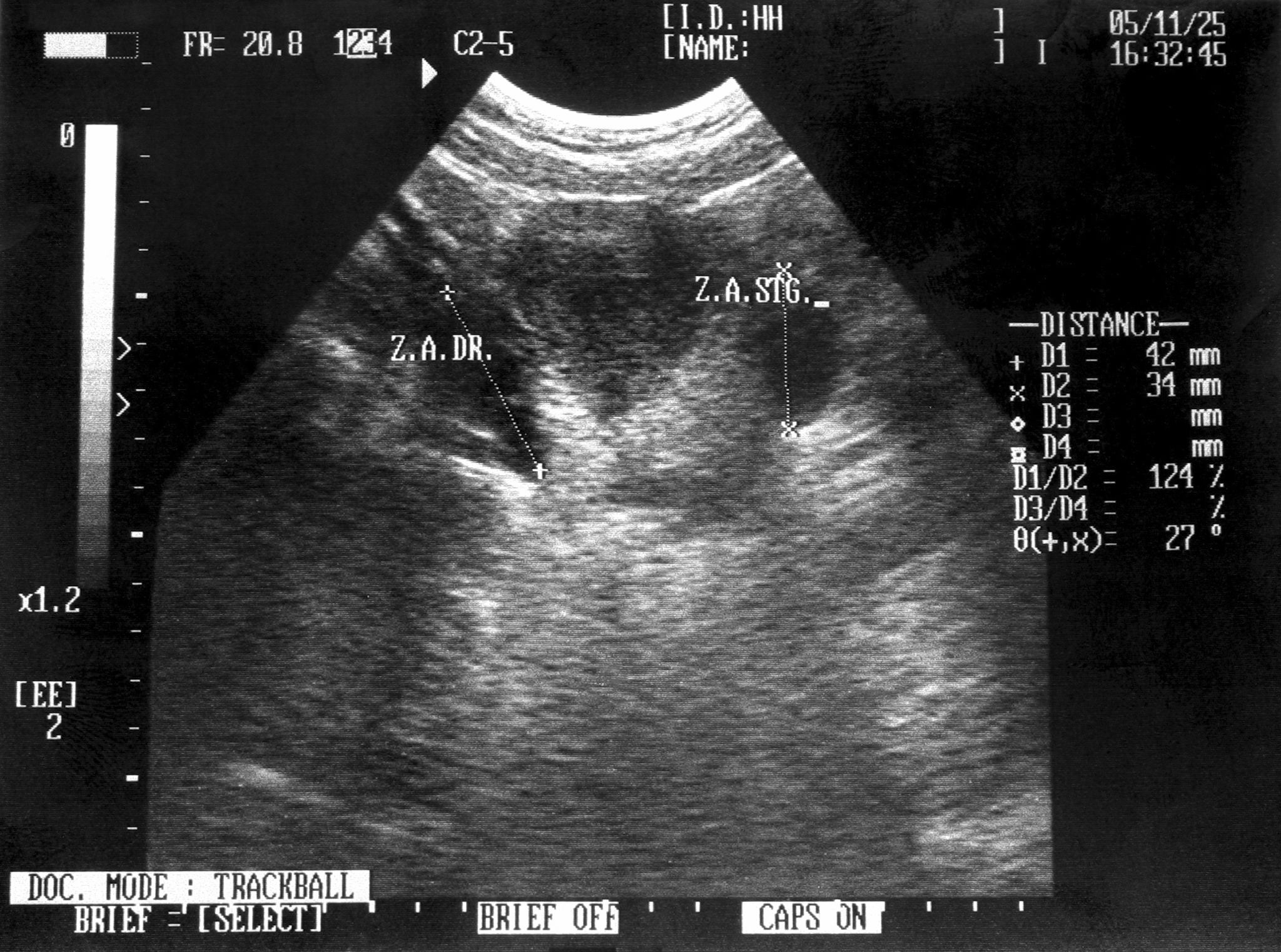Understanding Prenatal Screening: What You Need to Know
What is Prenatal Screening?
Prenatal screening refers to a set of tests performed during pregnancy to assess the health of the unborn baby. These tests can provide valuable information about the likelihood of certain genetic disorders and congenital conditions. Understanding the purpose and process of prenatal screening can help expectant parents make informed decisions about their pregnancy care.
Screenings are typically offered during the first and second trimesters of pregnancy. They are designed to identify potential risks, but it's important to note that they do not diagnose conditions. Instead, they indicate whether further diagnostic testing may be necessary.

Types of Prenatal Screenings
First Trimester Screening
The first trimester screening usually involves a combination of a blood test and an ultrasound. The blood test measures levels of certain substances in the mother's blood, while the ultrasound, often called a nuchal translucency scan, assesses fluid accumulation at the back of the baby's neck. Together, these tests help evaluate the risk of chromosomal abnormalities such as Down syndrome.
Second Trimester Screening
In the second trimester, a more comprehensive blood test known as the quad screen is often performed. This test measures four different substances in the mother's blood to assess the risk of chromosomal abnormalities and neural tube defects like spina bifida.

Benefits of Prenatal Screening
Prenatal screening offers several benefits for expectant parents. It provides early information about potential health concerns, allowing parents to prepare emotionally and medically for the birth of a child with special needs. Additionally, it aids healthcare providers in planning necessary interventions or treatments that may be required immediately after birth.
These screenings also empower parents with knowledge about their pregnancy, enabling them to make informed choices about further testing or decisions regarding their pregnancy journey.

Limitations and Considerations
While prenatal screenings offer valuable insights, they are not without limitations. Since these tests only indicate risk levels rather than providing definitive diagnoses, there may be false positives or negatives. It's crucial for expectant parents to discuss results with their healthcare provider to understand their implications fully.
Furthermore, some screenings may not detect all types of genetic conditions or birth defects. Therefore, parents should consider these factors when deciding on additional testing options, such as diagnostic tests like amniocentesis or chorionic villus sampling (CVS).
Making Informed Decisions
Deciding whether to undergo prenatal screening is a personal choice that varies for every family. It's essential to weigh the pros and cons and consider factors such as family history, personal values, and emotional preparedness. Engaging in open discussions with healthcare providers can help clarify any concerns and guide decision-making.
Ultimately, prenatal screening is a tool that provides important information. By understanding its purpose and scope, expectant parents can feel more confident in navigating their pregnancy journey.